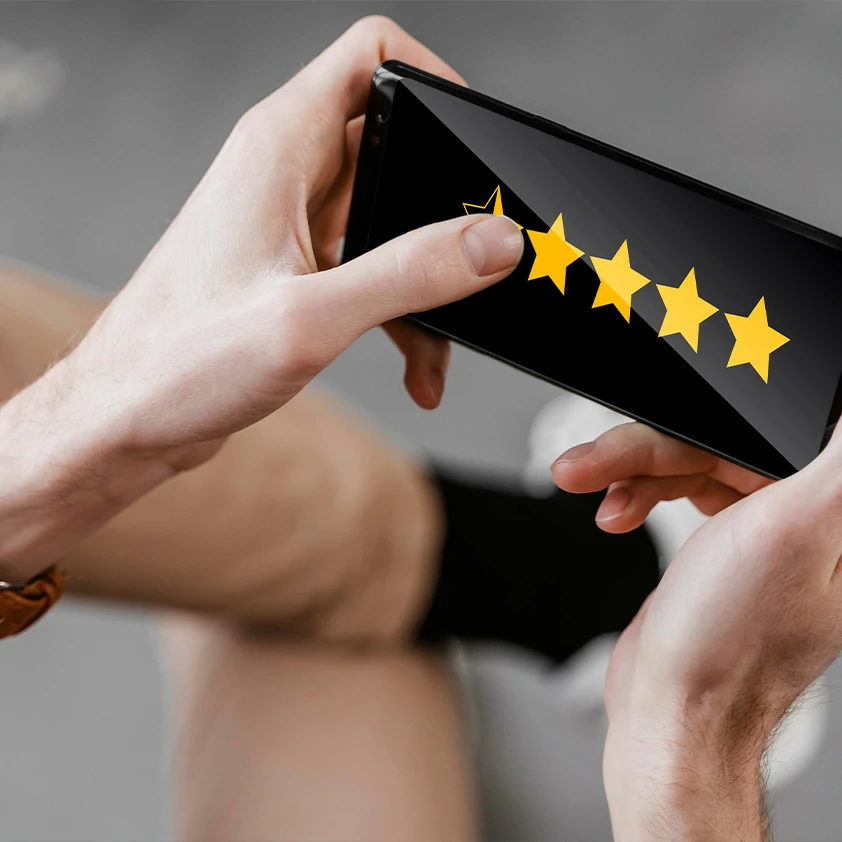
The best value proposition examples (and Why They Work)
A Breakdown of What Makes These Messaging Powerhouses Effective
In a crowded market, your value proposition is your first (and sometimes only) chance to stand out. It’s the core reason a customer should choose you over a competitor—clear, specific, and uniquely positioned.
But what does a great value proposition look like in action?
Below, we explore 7 of the most compelling value proposition examples, breaking down what makes them effective and how you can apply similar strategies to your own brand.
1. Slack
“Be More Productive at Work with Less Effort”
📍 slack.com
Why it works:
-
Clear benefit: Focus on productivity and simplicity—two universal business needs.
-
Emotional promise: Less effort = less burnout.
-
Targeted tone: Speaks to overwhelmed teams drowning in emails and meetings.
✅ Takeaway: Focus your value proposition on a high-impact result (e.g., “more productive”), and pair it with a pain-relieving promise.
2. Spotify
“Listening is everything.”
📍 spotify.com
Why it works:
-
Emotionally driven and inclusive.
-
Invokes the personal and intimate nature of music.
-
The minimalism invites curiosity while reinforcing a lifestyle.
✅ Takeaway: A value proposition doesn’t always need technical details—if your brand is emotional or experiential, tap into feeling over function.
3. Canva
“Design anything. Publish anywhere.”
📍 canva.com
Why it works:
-
It emphasizes universal utility (“anything”) and cross-platform power (“anywhere”).
-
Speaks to both professionals and amateurs with simplicity.
-
Implies empowerment and creative freedom.
✅ Takeaway: Use broad verbs that empower the user (e.g., design, publish, grow, learn), especially if your product has wide use cases.
4. Zoom
“One platform to connect.”
📍 zoom.us
Why it works:
-
Ultra-simple but confidence-inspiring.
-
Implies completeness—no need for multiple tools.
-
Emotional hook: “connect” resonates deeply in a post-pandemic world.
✅ Takeaway: A strong value proposition doesn’t need complexity. Clarity + simplicity = trust.
5. Notion
“All-in-one workspace.”
📍 notion.so
Why it works:
-
Solves a real problem: tool overload.
-
Communicates versatility and minimalism in three words.
-
It’s instantly relatable to teams and individuals alike.
✅ Takeaway: A bold category claim (“all-in-one”) can work if you can back it up with features and user
6. Airbnb
“Belong anywhere.”
📍 airbnb.com
Why it works:
-
Emotional and universal: taps into identity, comfort, and freedom.
-
It’s not about rooms—it’s about experience and community.
-
Helps Airbnb own a category beyond travel.
✅ Takeaway: Focus on how your brand makes people feel, especially if you’re in lifestyle, hospitality, or consumer services.
7. Apple iPhone
“The ultimate iPhone.” (used for iPhone 15 Pro)
📍 apple.com
Why it works:
-
High-end, confident, and concise.
-
Appeals to aspiration and status, a hallmark of Apple messaging.
-
Builds excitement without technical overload.
✅ Takeaway: When your brand already signals quality, your value proposition can be minimalist yet bold.

